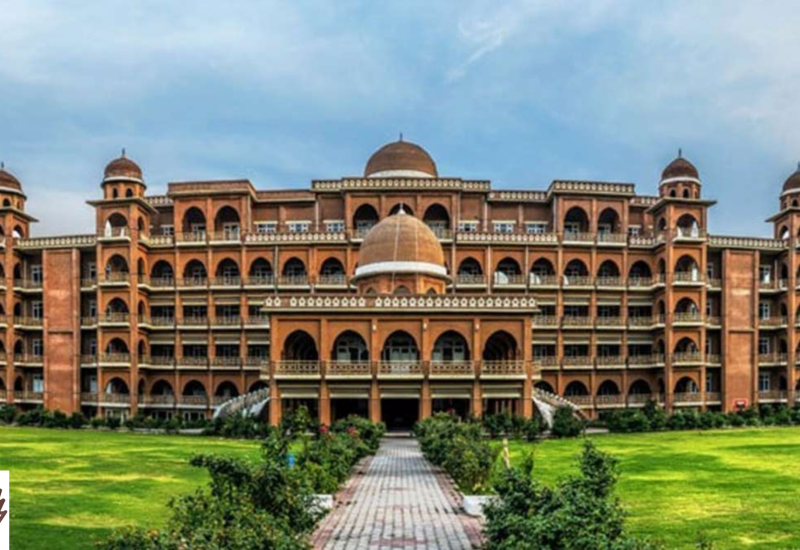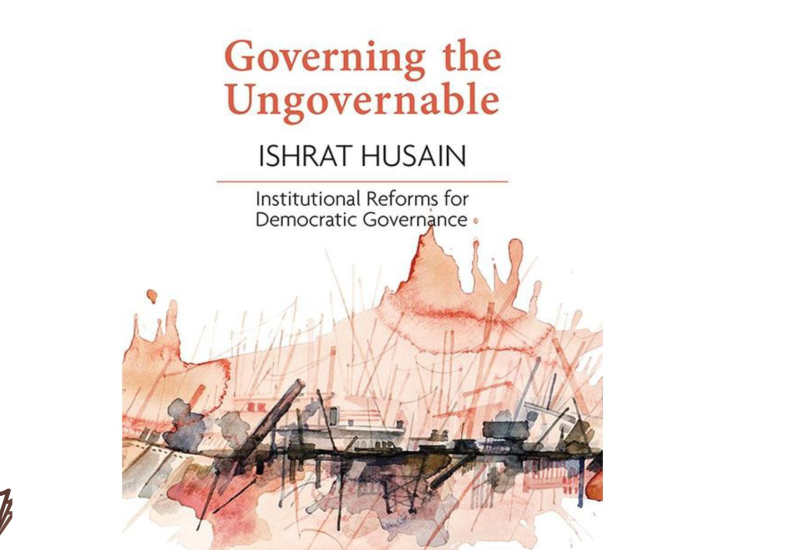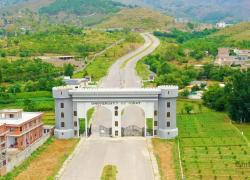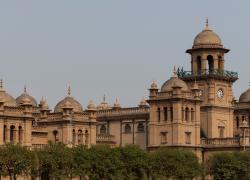Ban on recruitment and selection in the universities in Khyber Pakhtunkhwa and its sinister implications for higher education
Instead of stepping in, to salvage academia in the hour of need, the Government of Khyber Pakhtunkhwa Higher Education Archives and Libraries Department imposed a ban on all kinds of appointments, recruitment and selection in the public sector universities in the province. The palpable reason is the emerging financial crisis. The notification issued by the Department, to this effect, further added that for any recruitment and selection, the universities’ management shall have to seek no-objection certificate from the Government.
This move, on the one hand, is considered as a big blow to the autonomous status of the universities but on the other hand, portend serious repercussions for the public sector universities in the province. The blog post, “emerging financial crunch and survival of the public sector universities in Pakistan” has deliberated upon the prevailing financial emergency in the universities, the underlying factors responsible for the financial crisis, implications on the overall health of the universities, the role of the government, measures undertaken by the individual universities and some of recommendations for the universities to deal with the situation.
This article highlights some of its sinister implications for the consumption of people at the helm of affairs to give the decision a thoughtful reconsideration.
Background
This government decision has been regarded as unprecedented in the history of public sector universities in the province, in its own right. The move had attracted strong reaction from the academic staff association of public sector universities terming the ban as illegal and unlawful, jeopardizing academic activities during the upcoming academic session. In fact, the universities had experienced good and bad days in the past but the government never turned berserk and adopted such harsh controlling measures. Almost ten years back when the public sector universities in the province were facing a similar tight situation, the government did not resort to such overbearing actions.
The formula of banning recruitment in the institution of higher education was put to practice, in the past by the government when the tenure of certain Vice-Chancellors of public sector universities was approaching completion. Hence, the academics, across the length and breadth, expressed serious concerns regarding the said decision on the grounds that there is no such authority vested in the government with respect to the public sector universities, being autonomous entities to impose such a ban.
Unilateral decision
Being a unilateral decision of the provincial government, this move has received overwhelming disapproval. The universities being the key stakeholder and direct affectees were not taken into the loop, in the first place. Moreover, this is widely reckoned as an ill-advised and badly thought-out action on the part of the government which was vehemently asserting to create millions jobs in its tenure for the unemployed youth in the country. Moreover, this measure has been effective for an indefinite period of time and the university administration is literally in a fix, how to move further or what to do next.
Implications
There a myriad of ways in which the universities are going to be affected by this decision. These are briefly discussed in the following section:
1. Deficiency of critical mass of Human Resources
The system of recruitment and selection in the universities is already under intense scrutiny for being unnecessarily bureaucratic, too slow and unresponsive. It takes unnecessarily too long for the universities to finalize recruitment and selection of the staff and faculty for the key administrative and academic positions. As a result, the universities face problems in having the critical mass of human resources in certain important disciplines. The recent move will further aggravate the situation with serious fallout on the promotion of higher education in the province.
2. Woes of the contractual employees
Since the process of recruitment and selection in the universities, from advertisement to final selection, takes excessively too long, the Vice-Chancellor being empowered to hire people on contract basis for some specific period of time to lunch new academic program, to meet deficiency of staff in the existing academic programs and to run the academic and administrative affairs of the university effectively. But now the renewal of the contracts of such staff and faculty shall become really hard for the universities’ top management and ultimately the students shall have to suffer.
3. Hitches in launching new academic programs
As the new academic session is about to commence soon, the universities which were planning to launch new academic programs shall definitely face troubles in having the required strength of the professionals for the newly envisaged academic programs. Ultimately, they would not be able to launch these programs full strength. Even if they proceed with the proposed scheme of the things, they will have to run it with deficient staff, resulting in the compromised quality of the academic programs.
4. Troubles in the promoting administrative staff
This system of promotion of administrative staff is one of the very weakest areas in the public sector universities. This cadre of staff rarely finds an opportunity for promotion to the next higher grades and hence, they remain in the same scale for an extended period of time. With the ban on recruitment and selection, the worst affected among the employees in the universities shall be the administrative staff whose promotion are due for quite a long. This decision will increase the level of their de-motivation and frustration. Similarly, the prospects of the teaching faculty to move up the ladder through open competition shall also be seriously daunted.
5. Predicaments of the financially sound universities
In fact, the majority of universities face serious financial constraints. However, there are some universities such as the University of Peshawar, Gomal University and Agriculture University, Peshawar which are on the brink of closure. On the other hand, there are some universities which are financially stable and have a surplus budget since inception, then these universities will also have to face the brunt for the time being till these universities obtain NOC from the government to that effect.
Conclusion
The government, instead of providing instant relief, offering a bailout package or injecting some money into the universities’ kitty has come up with the remedial measures that harbinger serious repercussions for the universities. The government, for the time being, must allow promotion of the administrative staff, due for a long time, allow conduction of selection board meeting for the purpose and permit extension in the contract period of the staff and faculty hired on ad-hoc basis for the smooth functioning of the new academic programs in the universities.


















